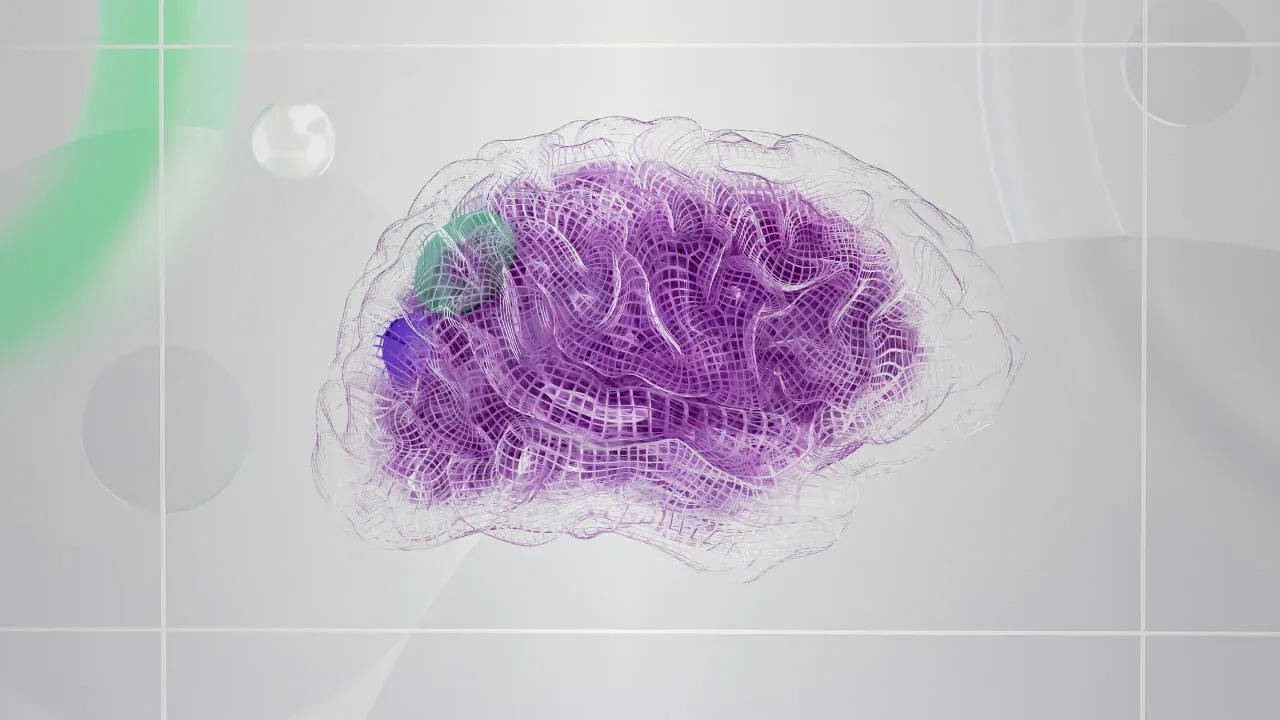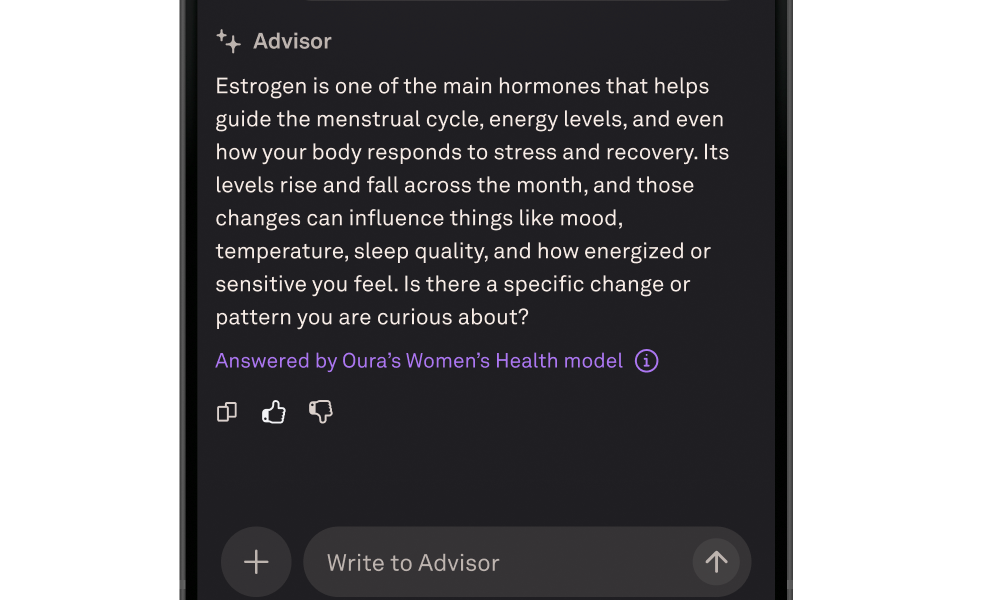In 2018, 50 million people were living with some variety of dementia and the World Alzheimer Report 2018 predicted that this number could soar to 152 million by 2050. Alzheimer's disease is the most common form of dementia, accounting for 60-70% of the cases. However, regardless of its type, dementia impacts not only the patient, but also their families, caregivers, and the whole of society. The estimated cost associated with dementia worldwide in 2019 was $818 billion, a number expected to rise to $1.1 trillion by 2030. Although dementia has no known cure, early detection is essential for patients to be able to adopt lifestyle changes that can modify the disease's progression.
It is known that voice changes are one of the earliest signs of dementia, mainly because the disease impacts the brain's capabilities to process and produce speech. Additionally, losses in muscle control can further modify patients' voices, by bringing about changes in, for instance, the way they articulate vowels. This fact led Vivid Mind to develop a short, non-invasive, language-agnostic AI-assisted voice that can detect dementia during the early stage. Vivid Mind CEO Dariusz Wiatr confirmed that in a trial consisting of 298 patients, the test displayed a 90% accuracy and, in some cases, detected the disease eight years before the first noticeable symptoms.
Vivid Mind recently raised $200,000 in pre-seed funding from various angel investors. The startup will use the raised capital to perform additional testing and obtain regulatory approvals for its voice-based dementia detection test. Vivid Mind authored a pre-validation report on the test in collaboration with the Medical University of Wrocław. Vivid Mind is also developing a simple, affordable, and effective method to assess patients' cognitive functions in partnership with the ePomeranian Medical University in Szczecin.







Comments